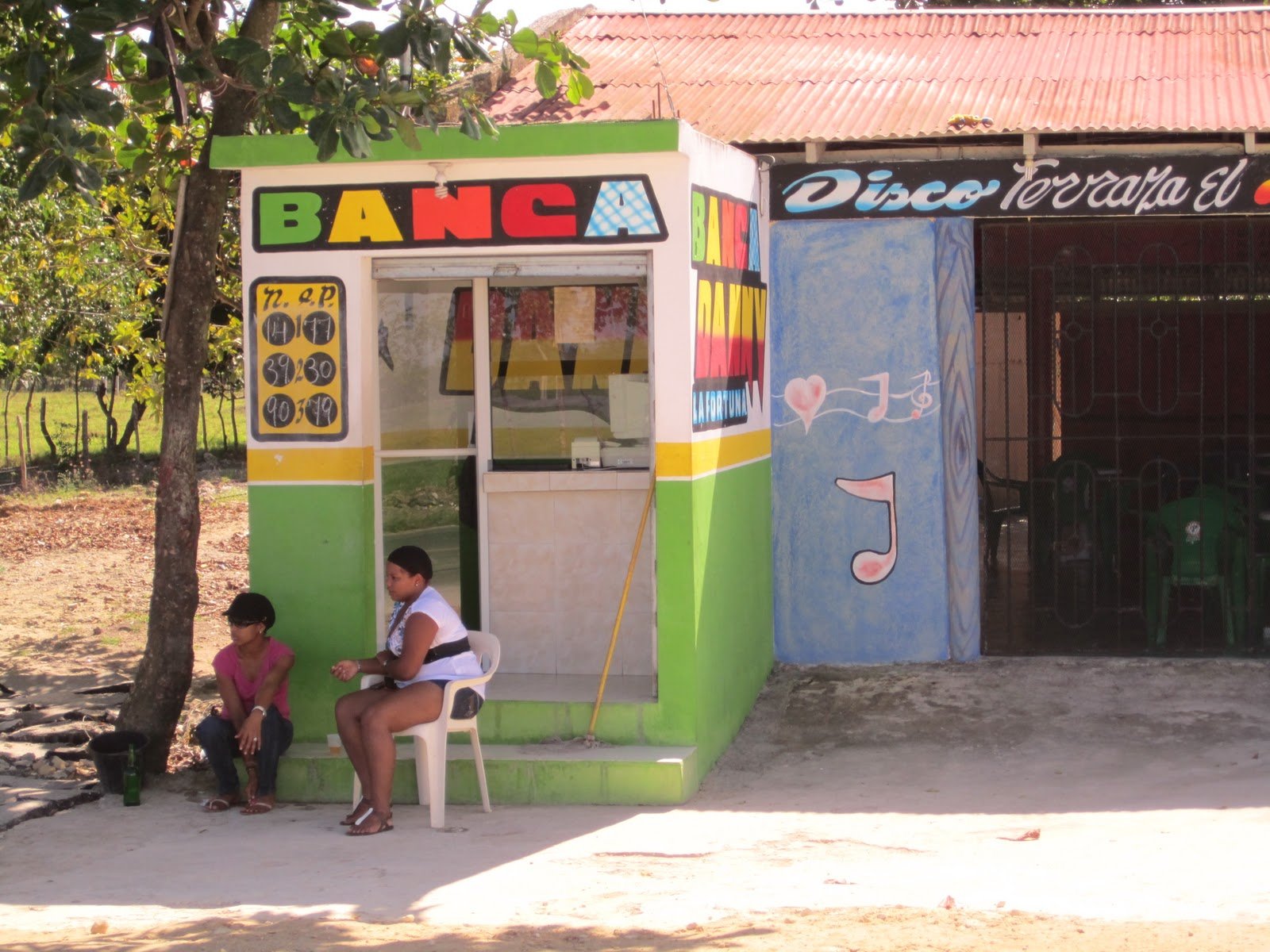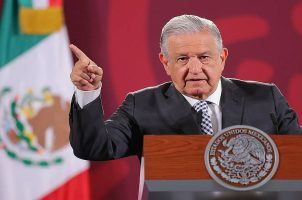Dominican Republic to Ban Lottery Sales through Mobile Devices
Posted on: April 12, 2022, 05:51h.
Last updated on: April 13, 2022, 01:33h.
It is now more difficult to access lottery options in the Dominican Republic. The small Caribbean nation is restricting their sale and banning all transactions from mobile devices.

The Dominican Republic’s Ministry of Finance, through the Directorate of Casinos and Gambling (DCG), has prohibited the sale of lottery draws and other games of chance through mobile devices. The ban applies to everything mobile – tablets, cell phones, laptops, and other portable Internet-connected devices.
The measure also covers any equipment other than a computer that is installed in a fixed way in the lottery kiosk, point of sale, or agency operating with permission from the DCG. Lottery banking owners, partners, and electronic lottery concessionaires will have 15 days to adapt to the new regulations.
Violators could face stiff penalties if they don’t comply. The owner of a lottery bank or a concessionaire will lose its lottery license and its business license. Those individuals who sell legal street raffles face charges of violating anti-money-laundering laws. IT workers who offer a workaround, even something as simple as an operating system clone, face prosecution.
The reforms come following a major lottery scandal from last year.
Revamping the Lottery
The Permanent Finance Commission of the Chamber of Deputies is studying two bills that have to do with regulating lottery operations in the Dominican Republic. It’s almost a complete overhaul of the country’s lottery operations.
The first initiative is created by the General Directorate of Casinos, Lotteries, Concessionaire, Gambling, Draws and Promotions. Presented by Deputy Luís Henríquez, the bill’s article 85 would prohibit for 20 years the issuance of new licenses to operate lottery kiosks, sports kiosks, or casinos. The decree of the current plan, on the other hand, suggests only two years of prohibition.
The other project proposes to regulate the days of lottery game draws. Specifically, it designates Mondays and Thursdays as target dates.
The process of regularizing lottery kiosks and other points of sale, which report to the National Lottery administrator, Teófilo Tabar, is progressing in the country. The changes come following a scandal involving former lottery officials.
Theft Leads to Changes
On May 1 of last year, a lottery draw seemed suspicious to authorities. An investigation, later dubbed Operation 13, discovered that the then-administrator of the National Lottery, Luis Maisichell Dicent, conspired with William Lizandro Rosario Ortiz to rig the draw. At the time, Ortiz was the head of an organization representing lottery retailers.
They were able to manipulate the lottery draw results to secure a prize of $8.5 million. However, their taste of being millionaires was fleeting since they were arrested shortly after.
Dicent is still waiting for his day in court. Since his arrest, he has been in pre-trial confinement and faces a preliminary hearing next week.
Related News Articles
Puerto Rico Gambling Legislation Advances, Seeks Revenue to Fill Fiscal Hole
Brazil Approves Revised Sports Betting Bill
Mexico Bans Slot Machines in Casinos, Gambling Houses Across the Country
Most Popular
Mirage Las Vegas Demolition to Start Next Week, Atrium a Goner
Where All the Mirage Relics Will Go
Most Commented
-
Bally’s Facing Five Months of Daily Demolition for Chicago Casino
— June 18, 2024 — 12 Comments -
Chicago Pension Mess Highlights Need for Bally’s Casino
— July 2, 2024 — 5 Comments
















No comments yet